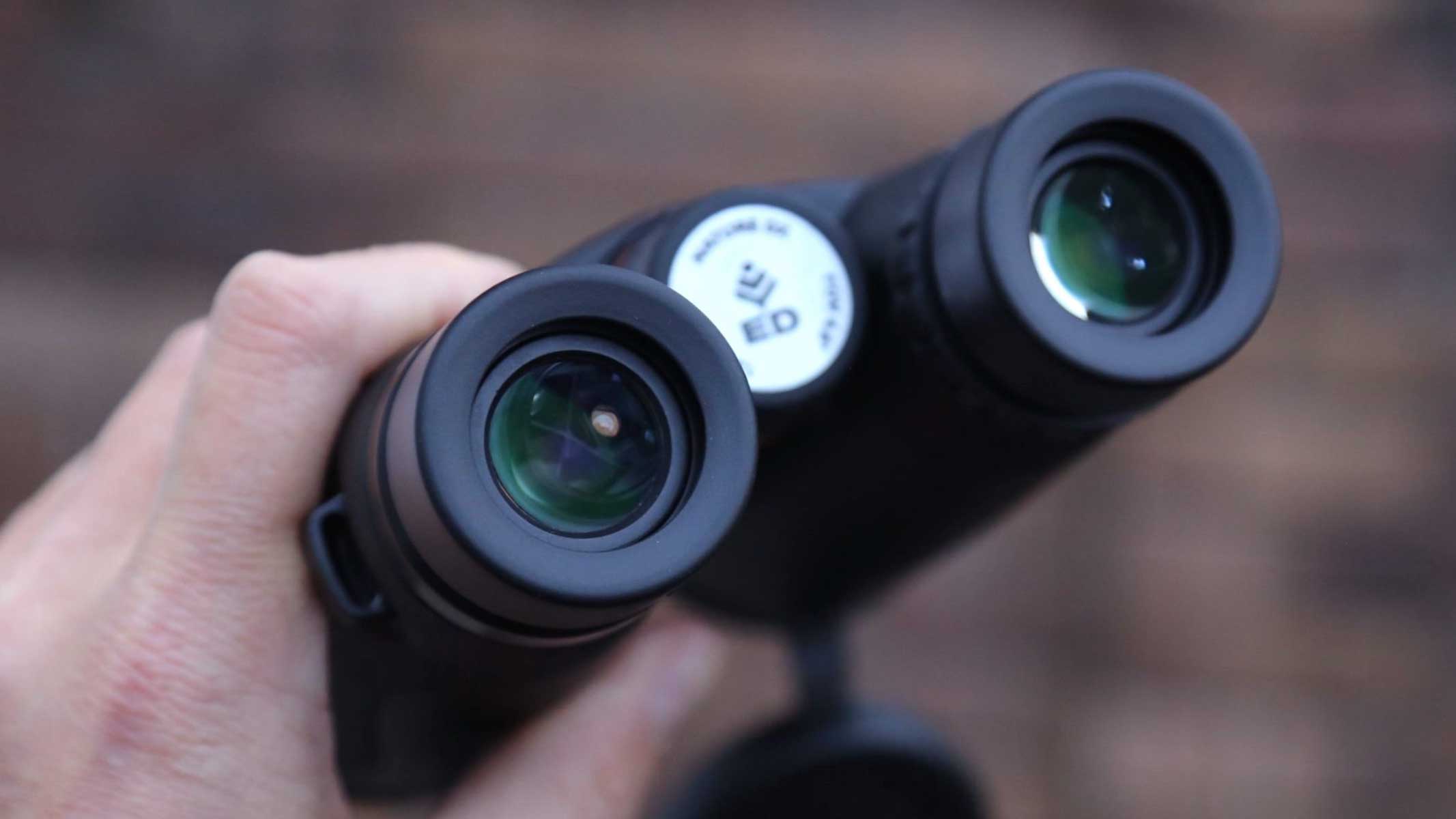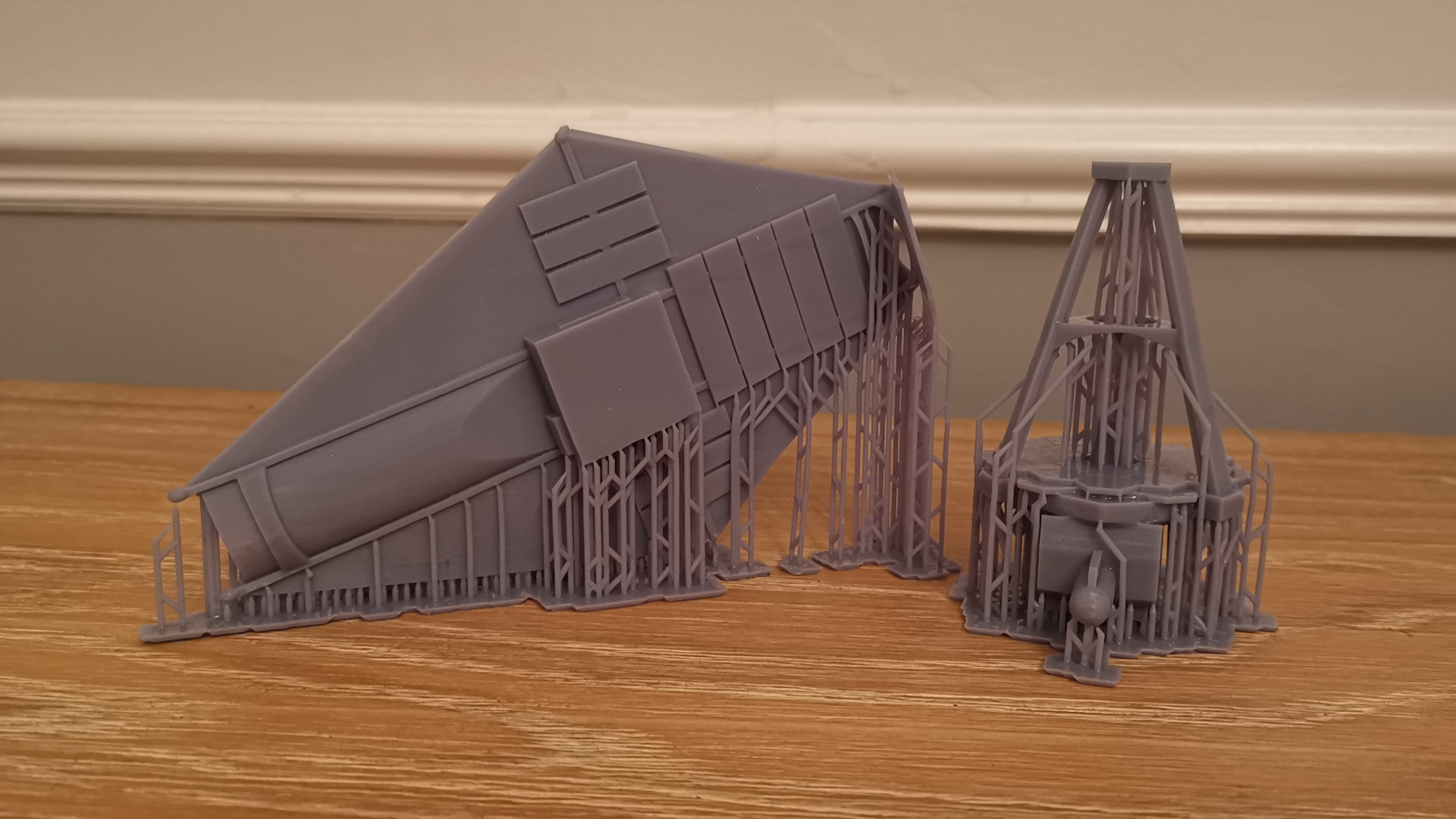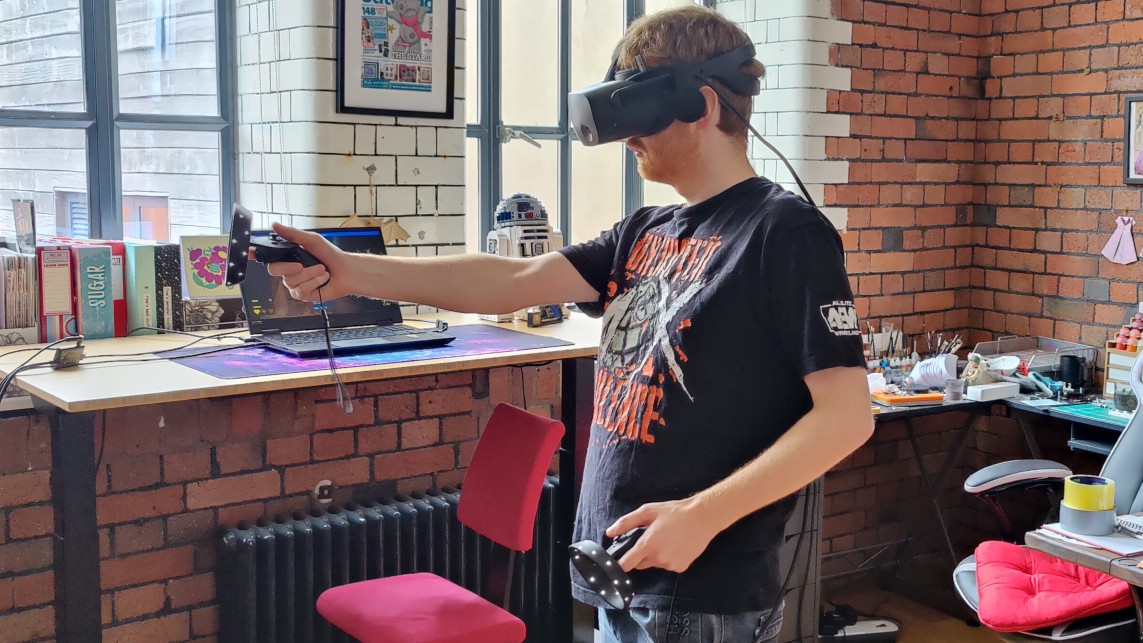At Space.com, it’s our mission to help you expand your knowledge on all things space and sci-fi. In addition to keeping you informed with news, features, and How To articles, we have a thorough testing and review process for many of the space-related gadgets, tools, and technologies out there. Whether that’s cameras and telescopes to help you view the stars, cutting edge sci-fi tech like 3D printers, or even the latest space toys and gadgets like Lego kits – we test it all before recommending it. Whatever we’re reviewing, we follow the same strict and rigorous guidelines to make sure that the information we’re giving you is factually accurate.
We test all the products in our reviews and buying guides ourselves, using either our expert staff or knowledgeable freelance writers who know their subject areas in depth. Our reviews follow strict guidelines that ensure a fair testing process, which ensures that our final recommendation is based on consistent information and invaluable hands-on experience.
Space.com has complete editorial independence, which means that no other entity has any control or sway over the reviews we write. We test products thoroughly and then give you our expert opinions on them, explaining the pros and cons to help you make an informed purchasing decision. This is true whether we’re covering a high-end telescope or the latest Star Wars Lego set. As part of one of the world’s largest online and print publishers, Future Publishing, we have the freedom to tell you what we think about a product or service, whether good, bad, or ugly.
- Visit our About Us page to learn more about Space.com
Our Reviews Guarantee
We hold ourselves to the highest standards when it comes to recommending products to our readers, and your trust is of the utmost importance to us. This is our promise to you:
- We never take payment of any kind for product reviews.
- We select products for review based on what we believe you, our readers, would want to know.
- We’ll tell you what we think, not what advertisers want you to hear.
- We point out the good and the bad. Our expert reviewers love Skywatching tech and services and we want you to love it too. If it’s no good, we’ll help you steer clear.
- If a product doesn’t meet our high standards, we’ll tell you why.
- We test products in real life, with a minimum acceptable number of days of testing required before we write our reviews to ensure every product is thoroughly tested.
- If you think we’re not living up to our promise, please email the editor in chief and we’ll endeavor to put it right.

Our review scoring system
We rate technology and services using a five-star scoring system, in order to keep things recognizable and simple: the more stars, the better.
- 5 stars – An exceptional product, ticking all the boxes in its field.
- 4 stars – A great product, but not perfect. It could be that it has some small issues holding it back, or it might be a niche product that isn’t suited to everyone.
- 3 stars – Generally fine, but not exceptional in any way. It does the job, but it doesn’t wow us and likely has some issues.
- 2 stars – A poor product that has serious issues holding it back. There may be a few good ideas in here, but they’re buried under other problems
- 1 star – Abysmal. Awful. Just don’t go near anything with this score.
How we test
Space.com reviews a wide range of products ranging from telescopes and cameras to 3D printers and VR headsets. Consequently, our reviews have varying formats depending on the type of product being tested. No matter what we’re covering though, there are three core areas that we look to test when writing our reviews: design, functionality and performance.
- Design: how it looks, feels, and what it’s like to actually use — we share our thoughts with you as if you were there with the product in your hands.
- Functionality: does the product or service function as it should? We’ll tell you what works and what doesn’t.
- Performance: our rigorous review process means we share the best features on products but also make you aware of the things that let it down, too, testing the claims of the manufacturers.
- Recommendations: if it’s worthy of owning you’ll be the first to know as we’ll shout it from the rooftops. Similarly, we’ll also make you aware of alternatives whether you’re interested in saving money or scaling up for something more professional

Our reviewers
Our reviewers are specialists, each with expertise in a particular technology or subject area. Whether it’s the core Space.com editorial team or our pool of talented freelancers, you can be sure that products reviewed on our site have been evaluated by experts in the field. Our writers make up a diverse and far-reaching expert global team that specializes in all things Space, including established astronomers, world-class astrophotographers, or experts in any of the other fields we cover.
Consequently, our team has an almost encyclopedic knowledge of the areas they cover and can provide you with a comprehensive analysis of each product, as well as the important context needed to make an informed buying decision.

Our Global Editor-in-Chief, Tariq Malik, has been with Space.com since 2001 ensuring that our news and in-depth reporting on all things Space has been industry-leading, and it’s our mission to carry that rigor and passion into our review coverage. Our product reviews are covered by two Space.com section editors – Jason Parnell-Brookes, who heads up the Cameras and Skywatching section, and Ian Stokes, who covers Tech & Entertainment on the site.
Jason Parnell-Brookes is the Channel Editor for Cameras and Skywatching specializing in all photography and optics technology. Jason is an internationally award-winning photographer, educator and writer in his own right, having won Gold in the Nikon Photo Contest 2018/19 and named Digital Photographer of the Year in 2014. His photography and writing are regularly published across multiple world-leading photography and technology publications including TechRadar, PetaPixel, Digital Camera World and more.
Ian Stokes is our Tech & Entertainment Editor. Prior to joining Space.com in January 2022, Ian was heading up the Technology section of Top Ten Reviews where he covered everything from laptops and smartphones to 3D printers and VR headsets. He has a degree in biology and a PhD in chemistry from the University of Keele and has been reviewing all things tech and games for nearly a decade.
You can find out more about Tariq, Jason, Ian and the rest of the Space team on our About Us page.

